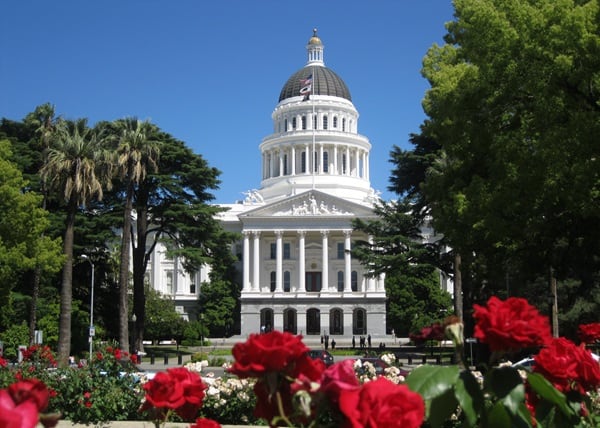In The Heart of Christianity, Marcus Borg describes salvation as “both personal and political … it is about our relationship with God as individuals. And it is also about politics, about our life together as societies, about justice—political, social, and economic justice.” I quote Borg because it was his writing that infused my personal faith journey with a passion for justice work, and it is All Saints that has provided me with a faith community that translates Borg’s understanding of salvation into direct action.
In this same book Borg makes the beautiful point that the word “salvation” is closely related to “salve,” a healing ointment that is needed in response to the wounds of this existence. At this point in time, there is perhaps no greater issue that calls out for healing and justice than climate change: it is the gaping wound that brings together environmental destruction, economic injustice, and racial oppression. If we are to avoid climate change’s most catastrophic scenarios, the climate justice movement will need to harness the moral force and engagement of the civil rights movement on a global scale, and if the civil rights movement is to serve as our model, this moral force will need to come in no small part from the church.
Over the past year and a half it has been my privilege to serve on the All Saints Climate Change Task Force. The members of this task force: Bob Whitson, Juliana Serrano, Phil Naecker, Joel Haber, Tom Brady, Bob Brummel, Nicole Gatto, Kim Douglas, Glenn Orton, Natalie Nardecchia, Rhodes Trussell, and Suzan Ocona meet once a month to discuss plans for transforming All Saints into a carbon neutral community. We are a diverse group of folks: scientists, engineers, researchers, activists, and me, the stray literature professor who found his way into the group.
As I listen to the conversations taking place in our meetings I oftentimes find myself pondering how we talk about climate change, about what forms of language might be used to build coalitions and inspire action. Social justice scholars and news commentators covering the recent women’s marches use the word “intersectional” to describe both the interlocking nature of systems of oppression as well as the diverse cross section of groups involved in these marches. It is a word that hints at what is needed at this point in history: not simply one group grown big enough, but many different groups joining together to produce a multiplying effect large enough to achieve a more sustainable and equitable world.
So maybe it’s not about the one word I might write to convince you of the gravity of climate change or the need to get involved. Maybe it’s about me listening to your words and your struggles so that you might in turn listen to mine. Maybe if we listen closely enough we might hear the urgency of this moment calling out for unified action. Listen …
Written by John Peterson, member of the ASC Climate Change Task Force. Visit the Task Force table on the lawn on Sunday, January 29 to find our more about this important work.



